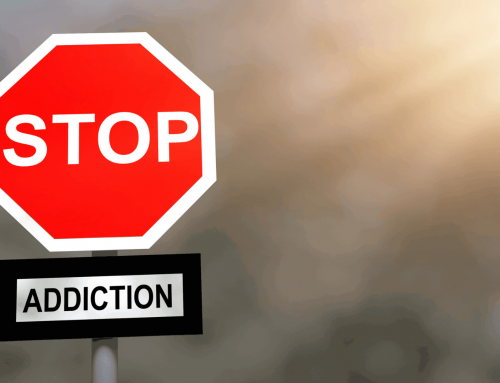Addiction of any type can take a major toll on the human body. Recovering from addiction is a gradual process, and nutrition is one of the many issues that need attention. But sometimes situations like these can be very overwhelming and that’s okay. We understand if you spend most of your time thinking about how addiction treatment can improve. That’s why we wish to tell you that what helps individuals overcome addictive problems is essentially the same as what helps avoid addictive problems.
Creating awareness and discussing prevention is integral so that addictions do not develop. This is crucial because treating addiction is much more challenging than preventing drug use in the first place. Since addiction is a brain disease, it disturbs the brain’s natural reward system, which leads a person to compulsively seek drugs to continue to experience a pleasure. Addiction also changes the brain structure in ways that can interrupt learning, rational decision-making, and memory. These brain changes can definitely make quitting a massive challenge. It is easier to never use drugs than it is to recover from an addiction. But nothing is impossible if things are looked at with a tinge of brightness! That’s why we highlight the notion that addiction prevention is just the same as recovery.
Major protective elements in the prevention of addictive difficulties include personal successes in academics, careers, and/or relationships, problem-solving, and a positive self-outlook, among others. With an abundance of quality relationships, individuals are much more likely to view themselves in a positive light and far less likely to develop addictive difficulties.
For some individuals, prevention may mean more than not using drugs in the first place, it can mean preventing a return to using drugs. For individuals in recovery from addiction, prevention means curating a relapse prevention plan to decrease the risk of sliding back into substance abuse. A relapse prevention plan can educate an individual in recovery on how to manage stressors, drug cravings, and triggers for drug use. For instance, the plan may include strategies an individual can use, like going for a walk, exercising, or reading a book when stressed. It might also include creating a list of triggers and how a person can avoid them.
A prevention plan could also involve attending support groups on an ongoing basis to discuss stressors and triggers in a supportive, drug-free setting. Some individuals may continue to attend counseling from time-to-time to help them process difficult emotions or devise strategies for handling triggers.
Prevention strategies that focus on improving problem-solving and social skills, self-esteem, and self-control are more operative than scare tactics and training in refusal skills. Refusal skills training has shown to have less than necessary results on adolescents. Scare tactics are notorious for exaggerating the negatives of substance use. Exaggerating negatives undermines trust and credibility.
Being aware of the authenticates of drug addiction and being alert about the risk and protective elements associated with substance abuse are major components of prevention. By targeting risk factors and developing protective factors, drugs can lose. You can become involved in local prevention initiatives to raise awareness. For instance, many communities host events such as Runs and Campaign drives to introduce awareness to the issue of drug addiction and to raise funds for prevention efforts.
Always know that trusting relationships help individuals to develop protective factors which are key in helping people overcome addictive problems. As individuals move along the recovery path, they not only fetch new skills, they also begin to see themselves differently. A shift toward a new positive outlook happens as they encounter themselves in a new light. Self-esteem, self-confidence, and integrity develop, laying the foundation for a more positive outlook.
We at Compass Clinic, Oklahoma, Texas have a team of very professional trained experts who work tirelessly to make sure that your recovery process is not hampered by the ongoing pandemic. We want to make sure that you get the help and support that you need to sail smoothly through these times.
If you are struggling and want to make a healthy change, you can either speak to our experts or book an appointment with us. We also offer in-person treatment within the confines of your home.



